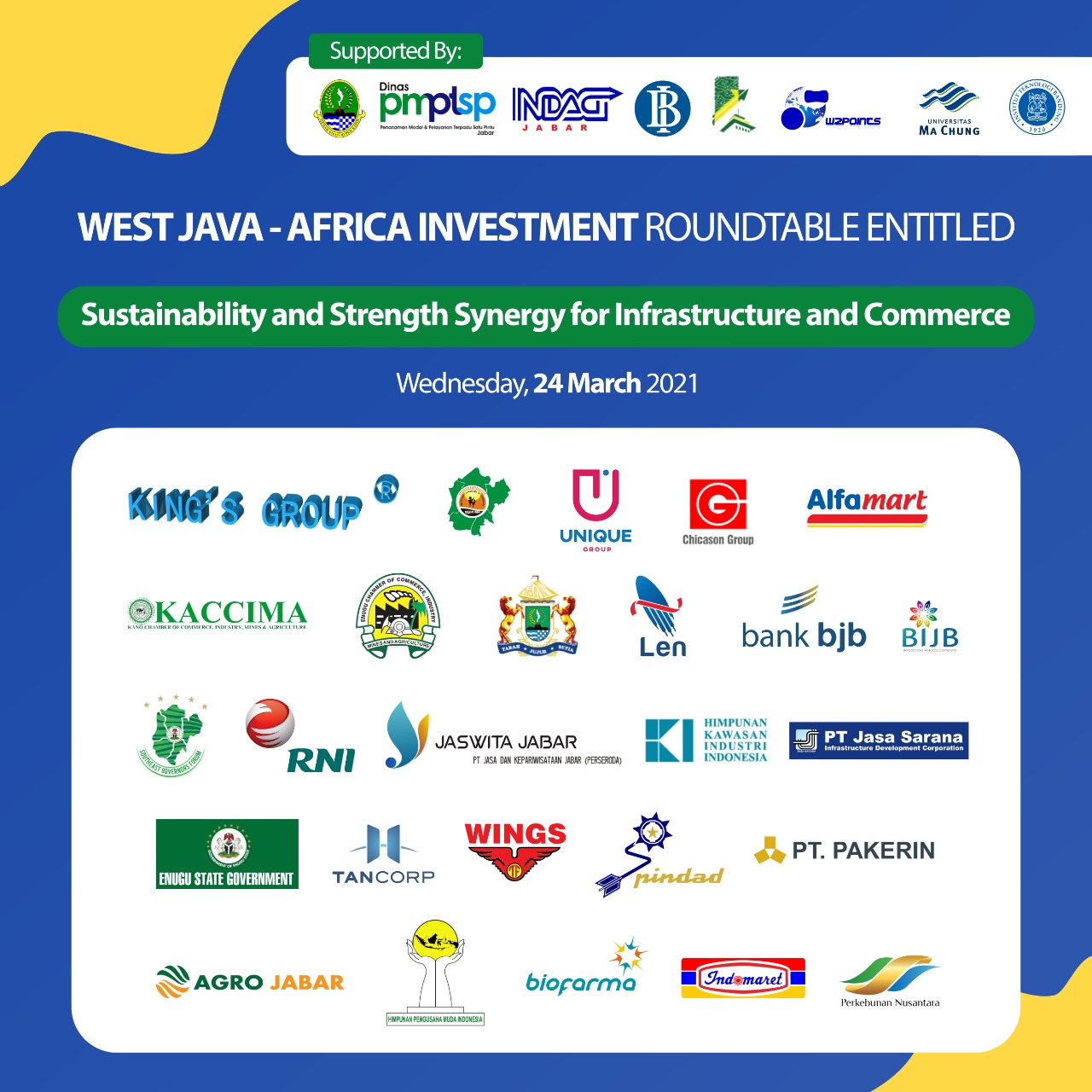By Victor C. Ofuonye
The Gambian manufacturing sector faces several challenges that hinder its growth and development. Some of the key problems include:
Limited infrastructure
Presently, in the Gambia, we only use the road networks for transportation. There is no major investment in transport to open up the river Gambia as a transport hub for goods and services. This poor transportation network hinders the efficient movement of goods, leading to increased logistics costs for manufacturers. In Senegal, Rail and water transport (cheaper than road transport) are heavily used by Senegalese manufacturers.
Another debilitating factor is the incessant disruptions in electricity supply which disrupts manufacturing processes and increases manufacturing costs as industries resort to generators. The high cost of fuel for these generators ultimately renders Gambian manufactured goods highly expensive. When juxtaposed with the frequency of inadequate water supply for industrial use, one only envisages a growing headache for manufacturers
Financial constraints
There is no gain saying that limited access to financing and credit to small and medium enterprises is a major reason why Gambian manufacturing is still at its teething stage. Banks in The Gambia generally as a rule of thumb do not lend to SMEs, this they do through high borrowing costs and unfavourable lending conditions that are all aimed at driving SMEs away. Unfortunately, the government is the highest domestic borrower thus compounding the issues of financing for Gambian manufacturers, and leading to insufficient investment in modern machinery and technology that would have helped in their production of goods for both the local market as well as export
Skilled Labour Shortage
Most manufacturing concerns have to contend with the issue of a lack of adequately trained and skilled labour to support advanced manufacturing processes, when they invest in training, they also contend with brain drain with skilled labour workers migrating to other countries for better opportunities (Backway to Europe).
Small Market Size
The domestic market is relatively small, limiting the scale at which manufacturers can operate coupled with limited purchasing power among the population because of high household inflation, most manufacturers will only have to reduce their production capacity.
In addition to the above is the abundance of regulatory and policy inconsistencies that are underpinned with bureaucratic red tapes which hinder business growth opportunities for most Gambian manufacturers
High Rental Fees and Access to Industrial land
It is a known fact that Banjul is the hub for all commercial activities in The Gambia. The average cost of renting an office or a warehouse space in Piston / Buckle Streets is at upwards of $25,000 per annum. These high rental fees also have a significant impact on the final price of commodities. Gambian manufactured goods are rendered uncompetitive to foreign brands because of this vital cost instead of having an industrial park.
High and Multiple Taxation
The Gambia is considered a highly taxed country. The government should ensure that policies are aimed at giving more incentives to attract FDI and help local producers to be competitive and regulate inflation.
Conclusion
In conclusion, manufacturing is an important contributor to the economic development of countries. The manufacturing industry needs to be a priority for both developed and developing countries because of its added value to GDP, employment creation, and most importantly, the overall economic development achievements registered by institutions. These create motivation and encouragement for entrepreneurs to invest heavily in innovative manufacturing to maximize profit and optimize the use of resources. The global manufacturing industry has registered significant development and advancement in the use of technologies, artificial intelligence, and innovative manufacturing concepts and models. These new developments in the manufacturing sector yield huge profits for industries that implement these advanced technologies. Flexible manufacturing systems (FMS) are advanced manufacturing concepts used by industries to improve their performance and efficiency.
The impact of these technologies and concepts is hardly felt in the African manufacturing sector because the continent experienced the lowest level of implementation and adoption of these new technologies compared to the rest of the world. Implementing and adopting these new technologies in the Gambian manufacturing industry will improve the manufacturing landscape to transform it. FMS strives to improve production flexibility, productivity, efficiency, and self-management, which are all aspects that manufacturers aspire to improve
In conclusion, the Gambian manufacturing industry is constrained from multiple fronts compared to the rest of the world. This includes but is not limited to; lack of stable power supply, high cost of energy, bad transportation infrastructure, lack of sufficient investment, and the list goes on. In comparison to Africa, Europe, Asia, and America, The Gambian manufacturing sector performs poorly. This is largely attributable in part to the inadequate use of advanced manufacturing concepts and technologies, as well as the insufficiently skilled workforce. Gambian manufacturing companies must adopt and implement advanced manufacturing technologies and concepts such as flexible manufacturing systems to boost growth and accelerate development in the sector.
Some of the other major challenges faced by Gambian manufacturing companies include high and multiple TAX costs, unstable power supply, poor transportation network, and inadequate access to finance.




